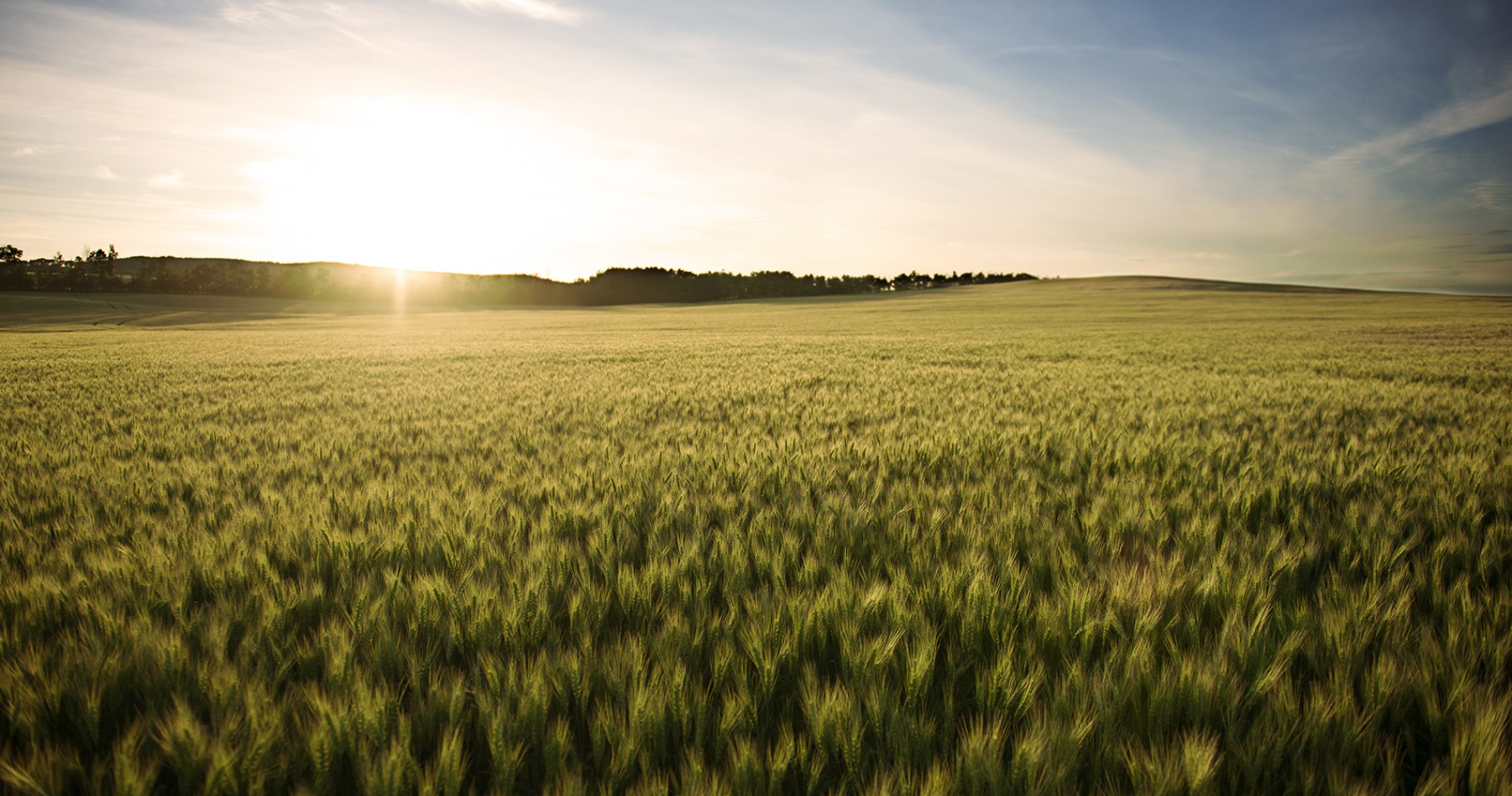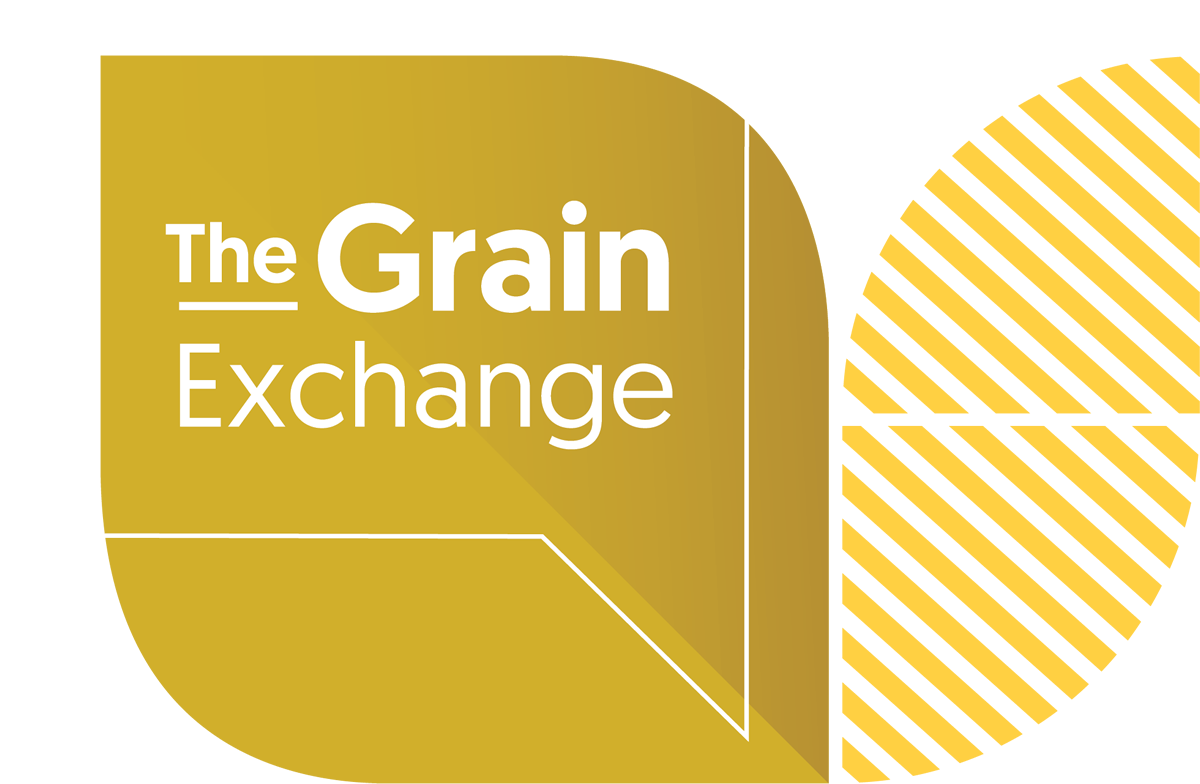Clean fuel regulations: What Alberta farmers need to know
Albertan grain and oilseed farmers may be met with new requests from local elevators this growing season in order to comply with Canada’s Clean Fuel Regulations (CFR), components of which came into effect on July 1, 2023.
This could include providing GPS coordinates of your harvested area or changes to your grain contracts that include an attestation or declaration that your crop was grown in Canada.
The regulations require refineries to make cleaner-burning fuels by reducing their carbon intensity (CI), through various measures, which include the increased use of liquid biofuels created from crops including canola, corn and wheat, while also establishing a credit market for compliance. Specifically, gasoline and diesel producers and importers are required to reduce the carbon intensity (CI) of these fuels from 2016 CI levels by 3.5 grams of carbon dioxide equivalent in 2023 increasing four times to 14 grams of carbon dioxide equivalent in 2030.
Provincial and federal fuel regulations, like CFR, drive demand for lower emission fuels which in turn creates demand for biofuel feedstocks like wheat for ethanol - and to a greater extent canola for renewable or biodiesel and other sustainable fuels which could present an opportunity for Alberta farmers.
As of January 1, 2024 low carbon-intensity fuel feedstock, like wheat and canola, require fuel producers and suppliers to demonstrate compliance with the Land Use and Biodiversity (LUB) criteria of the regulations in order to support the creation of compliance credits, along the supply chain.
In Canada, crops grown for use in biofuels are predetermined through legislative recognition to be compliant with the CFR’s LUB criteria, meaning farmers who want to sell crops into the biofuels market are not obligated to prove compliance on an individual basis.
Thanks to the work of industry groups, grain farmer compliance with the regulations has been simplified to the following:
- Attestation that the crop was grown in Canada;
- A single GPS coordinate representative of the harvested area of the crop to document the origins of the crop through the supply chain;
- Acknowledgement that the attestation may be subject to third-party verification and agreement to retain a copy of the declaration for 10 years.
G3 has published a sample of the attestation language that will appear in their grain contracts on their website found at www.g3.ca. Farmers should be aware of similar language appearing in all grain contracts and should note that participation is voluntary but you should discuss your marketing options with your elevator.
Alberta Grains continues to study the specific sections of the Clean Fuel Regulations cited in the sample declaration and will endeavour to share more information with farmers throughout the growing season. With respect to the demand that could be seen in the ethanol market for wheat farmers, Alberta Grains commissioned a study in the fall of 2021 which showed that annual Canadian ethanol demand was expected to increase from 2018 levels of 2.8 billion (6.5 per cent blend level in gasoline) to 5. 3 billion litres (a 14.1 per cent blend level) by 20230 in response to the expanded federal and provincial fuel regulations and climate action policies.
Of this expanded ethanol production, approximately 700 million liters could come from wheat which represents roughly 13 per cent of total Canadian ethanol production; with the remainder coming from corn.
While wheat ethanol is carbon-competitive with ethanol from corn it is disadvantaged by its higher commodity price and lower ethanol yield, requiring more feedstock to produce a litre of ethanol.
In Alberta and Saskatchewan combined, there are roughly five ethanol facilities primarily designed to process wheat comprising of about 365 million litres of ethanol production per year or about 20 per cent of installed capacity of ethanol production in Canada.
For more information or to share your experiences with CFR requirements at your elevators please contact Shannon Sereda, Director of Government Relations, Policy and Markets with Alberta Grains at ssereda@albertagrains.com.

